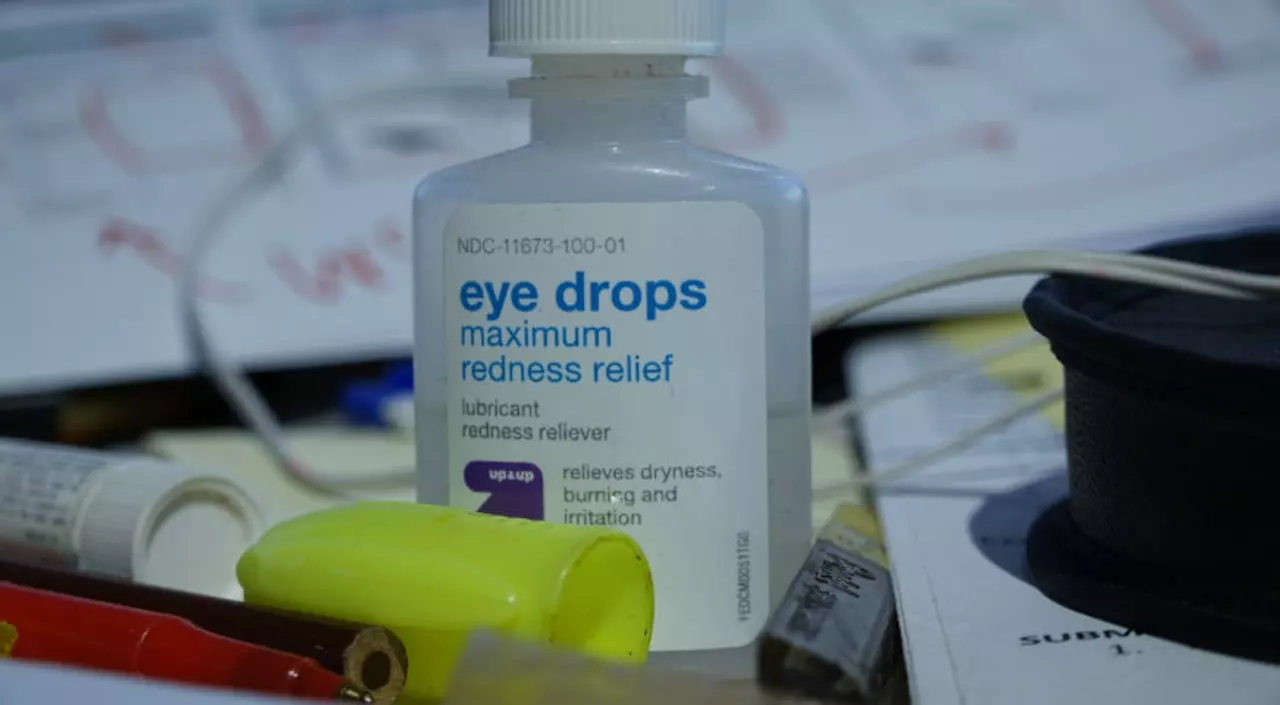Managing Side Effects: Simple Steps You Can Use Today
Starting a new medicine can feel like a trade-off: symptom relief on one side, new problems on the other. Side effects don’t always mean you must stop a drug. Often small changes can make them manageable while keeping the treatment working for you.
First, watch and record. Keep a short daily log with the medicine name, dose, time, and any symptoms. Note intensity (mild, moderate, severe) and when it happens after the dose. This helps your doctor see patterns fast—like nausea that starts 30 minutes after a pill or dizziness that peaks at night.
Quick fixes for common complaints
Nausea: Try taking the medicine with a light snack or right after a meal unless your drug needs an empty stomach. Ginger tea or a plain cracker can help. If nausea is from antibiotics like ampicillin, spacing doses evenly and staying hydrated usually reduces upset stomach.
Dizziness or low blood pressure: Stand up slowly from sitting or lying down. Avoid alcohol and large meals before activities that need balance. If dizziness happens with blood thinners or heart meds, ask your provider about timing and dose.
Insomnia or sleep changes: Take stimulating meds earlier in the day. Create a consistent wind-down routine—low light, no screens, and a calm bedtime snack. If an antidepressant like Lexapro affects sleep, discuss dose timing or a sleep-focused strategy with your prescriber.
Sexual side effects: These can be upsetting but are common with some antidepressants. Don’t stop the drug on your own. Talk to your doctor about switching medications, lowering dose, or adding a short-term remedy.
When to adjust, and when to call
Minor side effects can sometimes be tolerated or managed. But call your provider if you have signs of allergic reaction (rash, swelling, trouble breathing), severe stomach pain, high fever, sudden mood changes, or unexpected bleeding—especially if you’re on anticoagulants like Coumadin (warfarin). For warfarin, regular INR checks and consistent vitamin K intake from food matter. If your INR is off, contact clinic right away.
Bring your log to appointments. Ask specific questions: Can this medication be taken with food? Should I avoid certain supplements or over-the-counter drugs? Are dose changes an option? Ask about drug interactions—many supplements and common meds can change how a drug works.
Practical habits matter: take meds at the same time daily, use pill boxes or phone reminders, and read the leaflet for side effect timing. If you try a change and side effects get worse, reverse it and tell your provider. Don’t stop essential meds abruptly—some need tapering.
Finally, get second opinions if needed. If a side effect lowers your quality of life and solutions aren’t working, another clinician may suggest effective alternatives. Managing side effects is teamwork: good tracking, clear communication, and small routine changes go a long way toward safer, more comfortable treatment.
Brimonidine tartrate can cause some common side effects, but don't worry, I've got some tips to manage and prevent them. First, to avoid eye irritation, make sure your hands are clean before applying the eye drops and avoid touching the dropper tip to your eye or any surface. Second, if you experience drowsiness or dizziness, avoid driving or operating heavy machinery until you feel better. Third, if dry mouth occurs, try chewing sugar-free gum or sipping water to improve saliva flow. Lastly, if you notice skin reactions, speak with your doctor about the possibility of using a different medication or adjusting the dosage.

